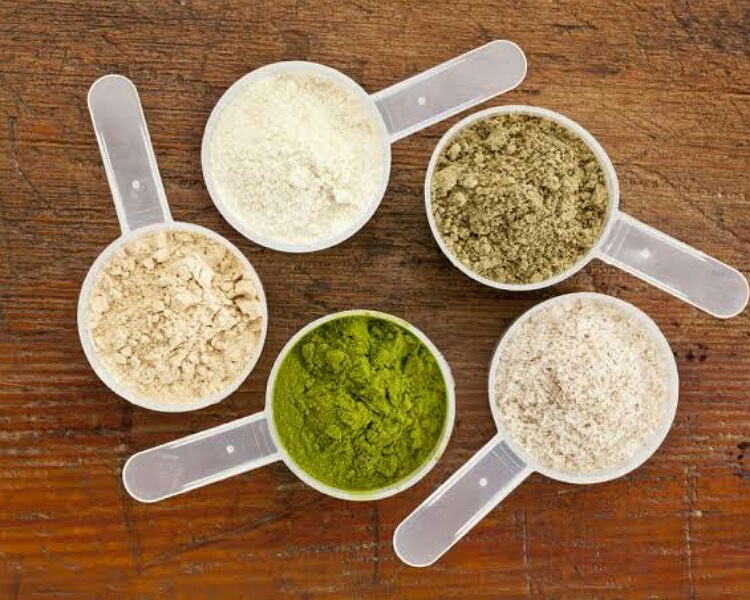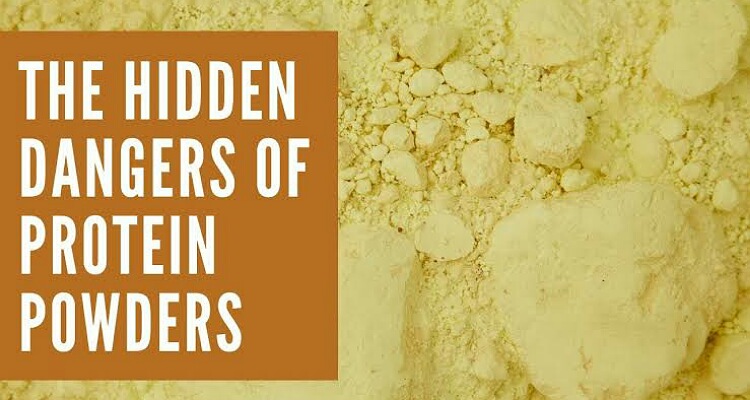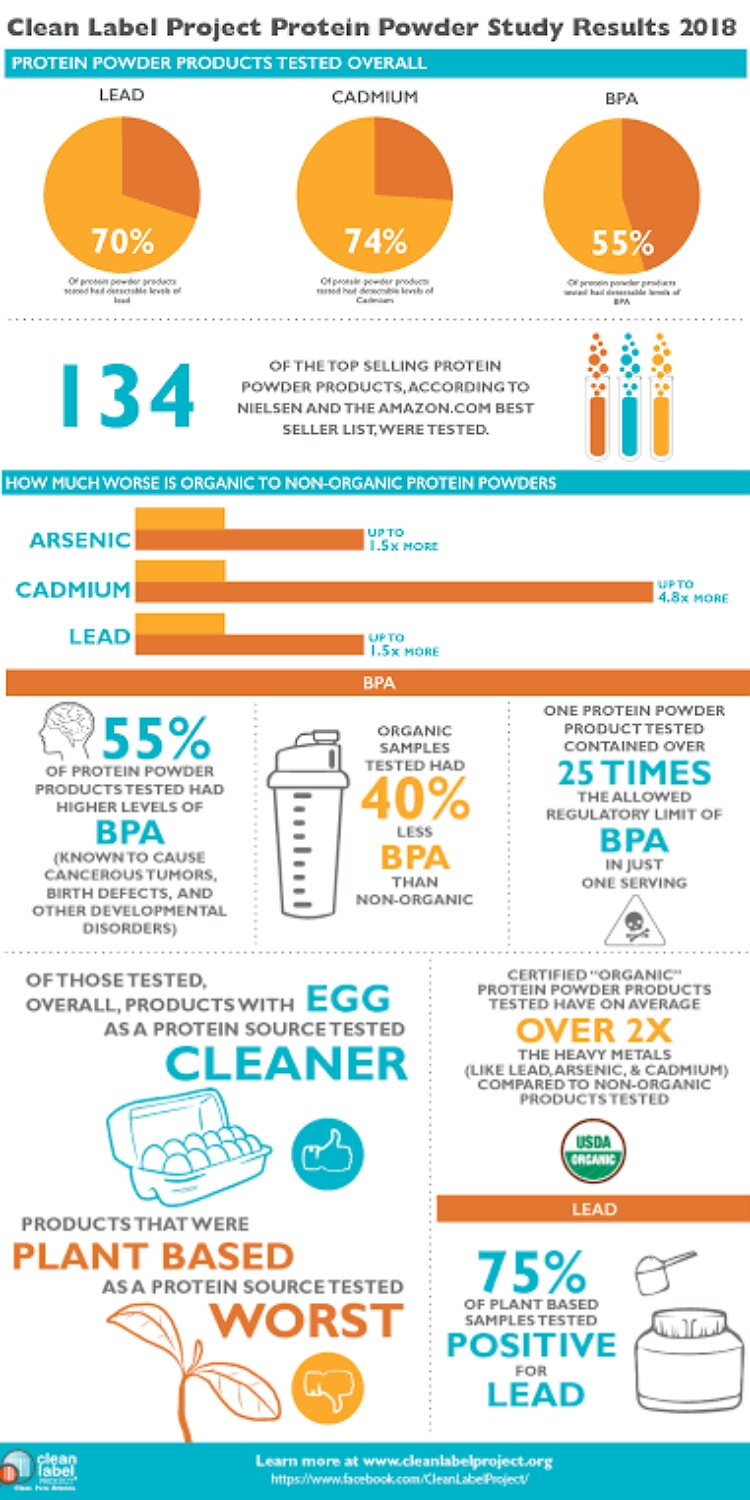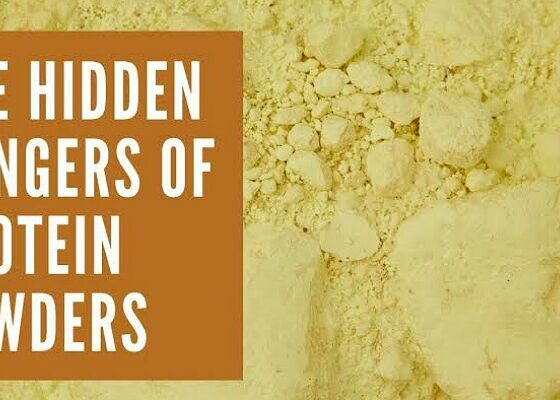Protein powders are commercially available in the market. Athletes, runners, body builders, recuperating people use them for better recovery and performance. The pure form of these powders are good. But many protein products in the market have certain additives that could defeat the health purpose of these supplements. What are the likely hidden dangers of these powders that you should be aware of?
Protein powders
Protein powders are a favorite with body builders and athletes. It boosts health, body, and their game performance. Physicians advise these powders for people who are recovering from illnesses and also to pregnant ladies and malnourished kids. It aids faster recovery and regain of health.
There are different types of powders available commercially in the market. Most are safe for consumption in recommended dosages. But some might have some hidden ingredients that would create other health issues. What the hidden dangers of such powders that you should check out for?

Hidden dangers in protein powders
Certified dietitian, Kathy McManus, who is the director of the Department of Nutrition at Harvard-affiliated Brigham and Women’s Hospital says:
“I don’t recommend using protein powders except in a few instances, and only with supervision,”
It is noteworthy that these powders require no FDA approval or supervision for sale because they are categorized under the group of dietary supplements. Hence, what the manufacturer claims and what is actually present in the supplements might differ. This could pose health issues.
Moreover, some people might have gut issues with these powders. Kathy explains:
“People with dairy allergies or trouble digesting lactose [milk sugar] can experience gastrointestinal discomfort if they use a milk-based protein powder,”

Additionally, these powders have limited studies on them. The long term effects of regular intake of these powders remain unknown. According to Kathy:
“There are limited data on the possible side effects of high protein intake from supplements,”
Other health risks
Some of these commercial powders are loaded with sugars. It might be as high as 23 grams in one scoop of the powder. If added in milk in the recommended dose, the total calories might be as high as 1200 calories. This leads to high blood sugar spikes and weight gain. The American Heart Association advises no more than 24 grams of added sugar per day in women and a limit of 36 grams of added refined sugar for men. This limit would be crossed with added sugar protein supplements.
In 2022, a non profit organization, Clean Label Project released it’s report on these powders. The report said that the powders have certain toxins in them that are harmful for the body. The research team had screened 134 protein powders for 130 elements and toxins.

The results were startling. It showed that many had high levels of heavy metals (lead, arsenic, mercury and cadmium), bisphenol-A (BPA), pesticides, and other contaminants which have the potential to cause cancer and other health diseases.
Read here: Adequate protein intake daily: How to ensure it?
These contamination might be from soil or from the manufacturing process. Hence it is best to obtain proteins from food and do not use protein powders without medical indication.
